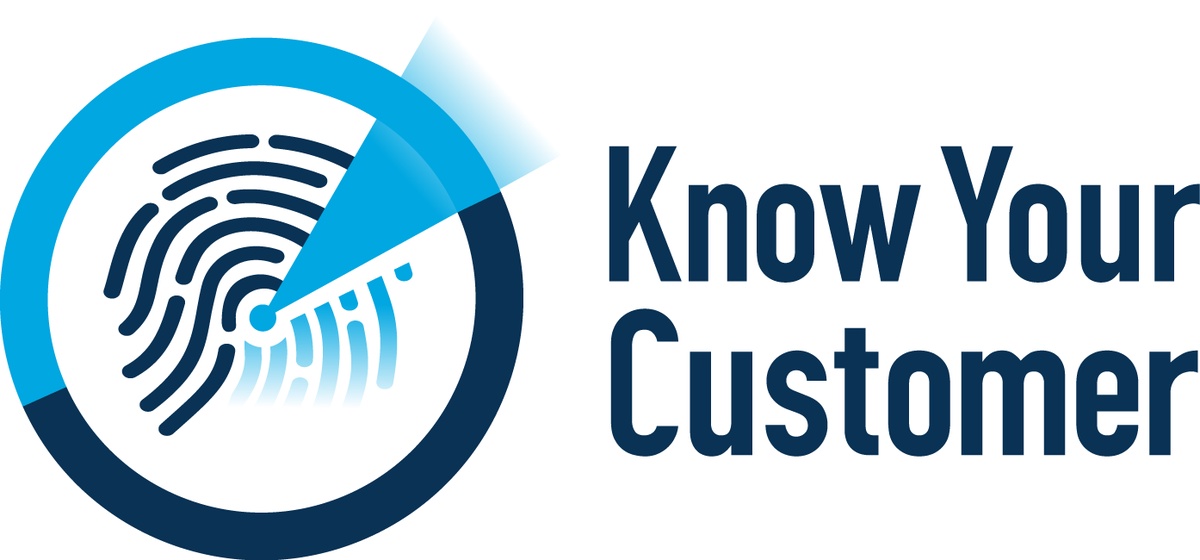Sectors such as finance and investments must guarantee not only seamless and successful services to their customers, but also that legal resources flow through them. For this, among the skills to manage risks is the knowledge of customers or, know your customer (or KYC for short).
This is so essential that KYC is not just a set of practices, but a legal requirement for certain businesses to operate in the market. Each country usually has specific legislation, with minimum control parameters.
According to consultancy KPMG, in 2020 financial institutions spent around USD 150 million per year on KYC/CDD operations.
But what does it mean, what is the importance, and what are the steps and benefits of know your customer procedures? Follow along in this article.
What does the expression know your customer (KYC) mean?
Companies with critical operations such as financial and investment institutions need to make sure that the users of their systems are in fact who they say they are, whether in the virtual world or in the real world and that their resources are from a legal source.
Know your customer is a series of standards and procedures for :
- Establishing a customer's identity, for example when opening an account;
- Monitor and understand your financial behavior and activities, for example, whether the source of your funds is legitimate or in a credit review; and
- Classify the risk profile associated with a customer.
It involves different actions and validation criteria, such as an indication of the origin of the assets, confirmation of information, presentation of documents and vouchers, visual and biometric recognition, and digital signature, among others.
Why this process is important for business
KYC's primary objective is to combat and prevent fraud, corruption, money laundering, financing of illegal activities and other threats.
Digital transformation has made it even more important to mitigate these risks. The distributed character of financial services and the existence of fewer intermediaries added new risks. Know your customer is a way of protecting the institution from crimes and, therefore, from financial and reputational losses.
Another reason that makes KYC important is compliance with industry legislation.
Technologies involved in KYC
- Artificial intelligence applications such as biometric recognition, computer vision, and NLP
- Process Automation, like RPA
- Digital certification
- OCR
- Blockchain.
1- Risk assessment
Any KYC-related procedure is preceded by a risk assessment. It helps the institution to identify the level of criticality linked to its processes and, based on this, to determine the appropriate policy and procedures to respond to this.
2- Customer identification program (CIP)
The Customer Identification Program (CIP) is a guide for institutions to determine policies and procedures related to verifying a customer's identity.
This may include submitting documents, comparing information provided with other databases, or both. Such procedures may be more or less rigorous according to the risk level assessed by the institution for the operation.
3- Customer due diligence (CDD)
The third step in a KYC process is due diligence. This analysis determines whether the client is trustworthy.
This assessment may include understanding customer occupancy and business activities, monitoring transactions, and rating the customer's risk profile based on activity patterns.
Due diligence levels also range from a basic level, linked to low-risk situations, to a high level, linked to higher-risk clients.
4- Continuous monitoring
Customer identity verification and due diligence are ongoing checks, not isolated checks. Based on the risk profile of their clients, institutions can monitor transactions, monitoring events such as activity spikes, and unusual behavior, among other suspicious actions.
This type of monitoring is also behind reassessing the risk profile of clients, changing them over time.
Benefits of Know Your Customer
- Compliance
- Safety preventive action
- Decreased level of operational risk
- Lower rate of fraud and other crimes
- Greater knowledge of the customer portfolio
- Offer of services more aligned to the profile of customers
- Building a better experience for customers
- Market and investor confidence.
Know your customer: proactiveness against illegality
Robust KYC processes, in addition to being linked to compliance, considerably reduce the likelihood that an institution will miss suspicious activities of its customers and suffer financial and reputational impacts as a result.
With the increase in online transactions and even the absence of intermediaries, the relevance of these procedures has gained ground, from the legislator to the institutions.
We have seen that the entire process starts with a risk assessment, followed by the creation and implementation of identification and due diligence policies, and finally with their continuity.
The benefits of compliance and security will be reflected in services, customer experience, and market confidence.


No comments yet